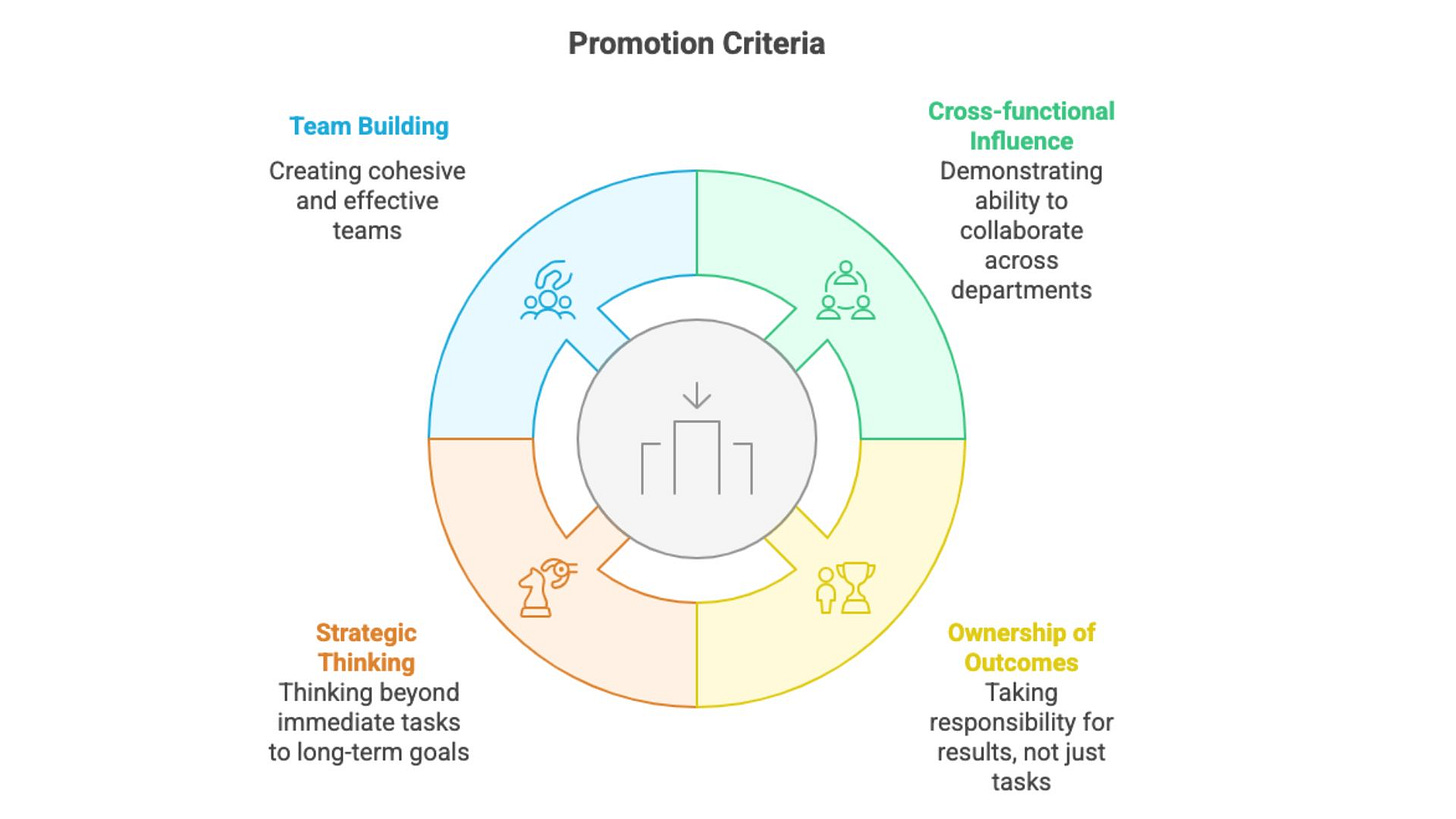The UX Career Fork: Should You Stay IC or Go Lead?
The split decision: IC or manager?
As you move up in UX, you’ll face a tough, career-defining decision:
Do I stay hands-on as a senior IC (individual contributor)?
Or do I take the leap into management and start leading a team?
This issue breaks down the real difference beyond the job titles.
It’s not just about salary or years of experience.
It’s about values, energy, and what you actually want from your day-to-day work.
IC vs. Manager
The Emotional Shift
How to Know You're Ready to Lead (Or Not)
How Companies Decide Who to Promote
Common Missteps That Sabotage the Transition
Real Stories From Designers Who Made the Jump
Resource Roundup
UXCON '25 Career Growth Spotlight
IC vs. Manager: What’s the Actual Difference?
Being a senior IC means:
You're still designing, researching, and shaping products directly
You’re often the deep expert in the room
You influence by example, not by authority
You build craft and credibility
Being a manager means:
You’re focused on people - hiring, coaching, conflict, motivation
You attend more meetings than critique sessions
Your success is tied to how your team performs
You build systems not artifacts
The biggest shift?
You stop being the work. You become the multiplier of the work.
The Emotional Shift No One Warns You About
UXers often get promoted because they’re great at their craft.
But managing means stepping away from the craft.
That can feel like:
Loss of identity: “If I’m not designing, what am I actually doing?”
Detached from users: You’re no longer the one doing the research
More politics: Your success depends on how well you align with leadership
Less tangible wins: Progress looks like smoother processes, not prettier UIs
It’s rewarding in a different way — but only if you're ready for that shift.
How to Know You’re Ready to Lead (Or Not)
Ask yourself:
Do you get more excited helping someone else grow than finishing a design yourself?
Are you okay making decisions with incomplete data — not just offering feedback?
Can you handle being the bad guy sometimes? (budget cuts, performance reviews, disagreements)
Do you find energy in coordination, not just creativity?
If your answers lean yes, management might be your path.
Senior ICs are not “junior managers.” They’re experts in their own right.
How Companies Decide Who to Promote
Let’s be honest: promotions don’t always reflect who’s best they reflect who fits the system.
Companies look for:
Cross-functional influence
Ownership of outcomes (not just outputs)
Strategic thinking beyond the screen
The ability to build teams, not just designs
Some will push you into management because they don’t have a growth path for ICs.
In that case, ask: “Can I grow here as a craftsperson without managing people?”
If not, it’s okay to outgrow the org — not the role.
Common Missteps That Sabotage the Transition
Thinking you’ll still design full-time
Being everyone’s friend instead of setting direction
Avoiding conflict instead of resolving it
Micromanaging because you miss the work
Trying to prove your worth through outputs instead of outcomes
Management is a new job not a step up in your old one.
Treat it that way.
Real Stories: ICs and Managers Reflect
🔹 “It took me 9 years to find my true career passion as a UX/UI designer —Dana Wu
🔹 “I pivoted twice in my career... aligning my work with my values made all the difference.” — Heidi Chow
🔹 “I’ve gone back and forth between management and IC roles... All the learnings make me incredibly competent, and, frankly, a rock star as an IC.” — Andy Welfle
Resource Roundup
Career Development Plans templates - Set goals, track progress, and plan your path to success.
UXCON '25 Career Growth Spotlight
Thinking of switching tracks?
At UXCON '25, we’re bringing in UX leaders and senior ICs to talk real career strategy:
How they chose their path
What they learned the hard way
Why it’s okay to not want to lead a team
What leadership looks like outside of a title
Because growing in UX shouldn’t mean giving up the parts you love.
Let’s talk about what growth really means - together.
Final Thought: Define Your Version of Success
The industry loves boxes:
Senior. Lead. Principal. Manager. Director.
But real growth isn’t about labels, it’s about what fuels you.
Maybe that’s coaching new talent.
Maybe it’s becoming the strongest researcher on your team.
Maybe it’s building quiet systems that make products better.
Whatever your path…. make sure it’s yours.






I love this! Thanks for the endorsement of finding our own paths. I love being an IC and it feels nice to be validated in that sense - being the boots on the ground person who works at " building quiet systems that make products better."